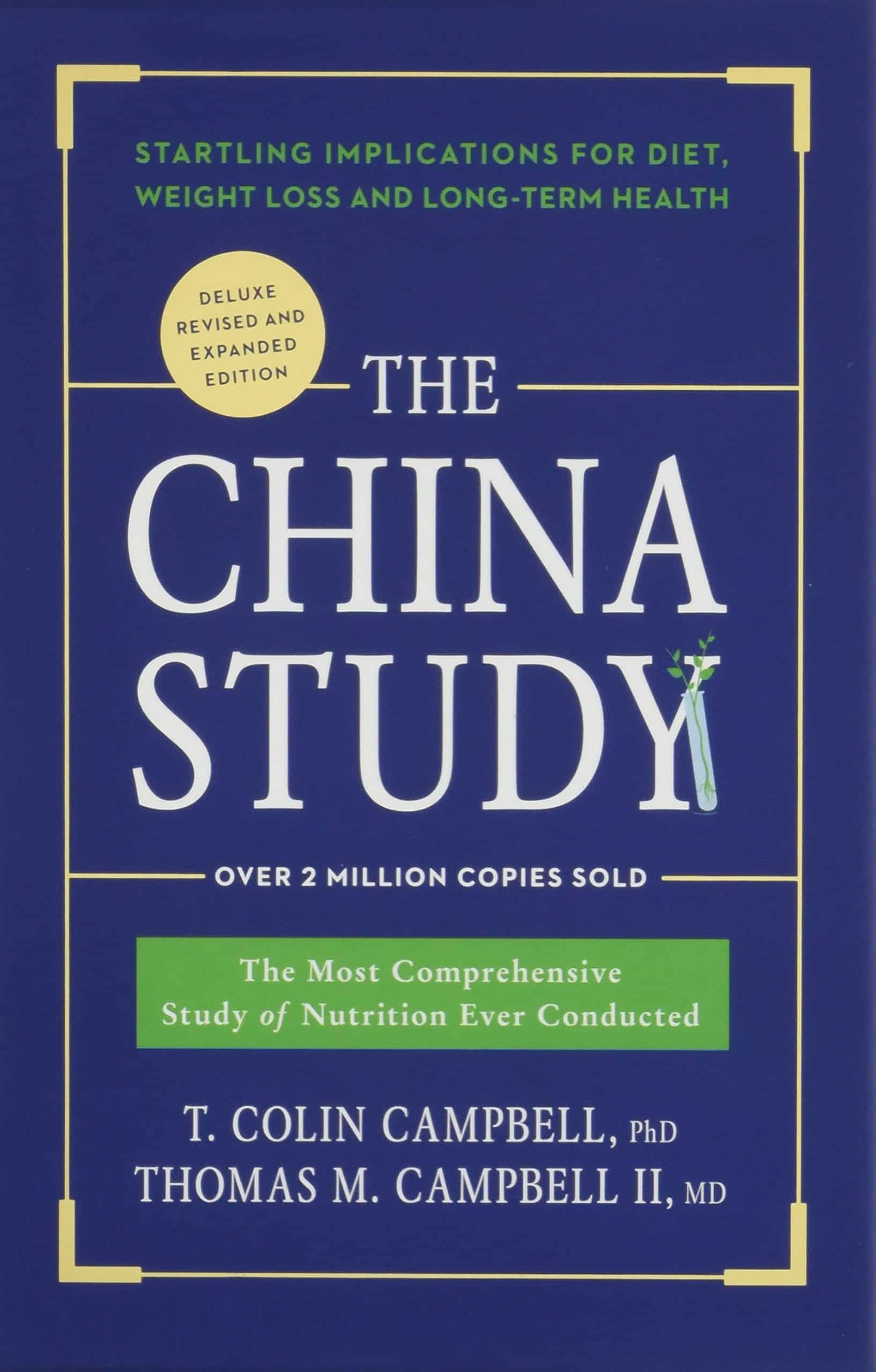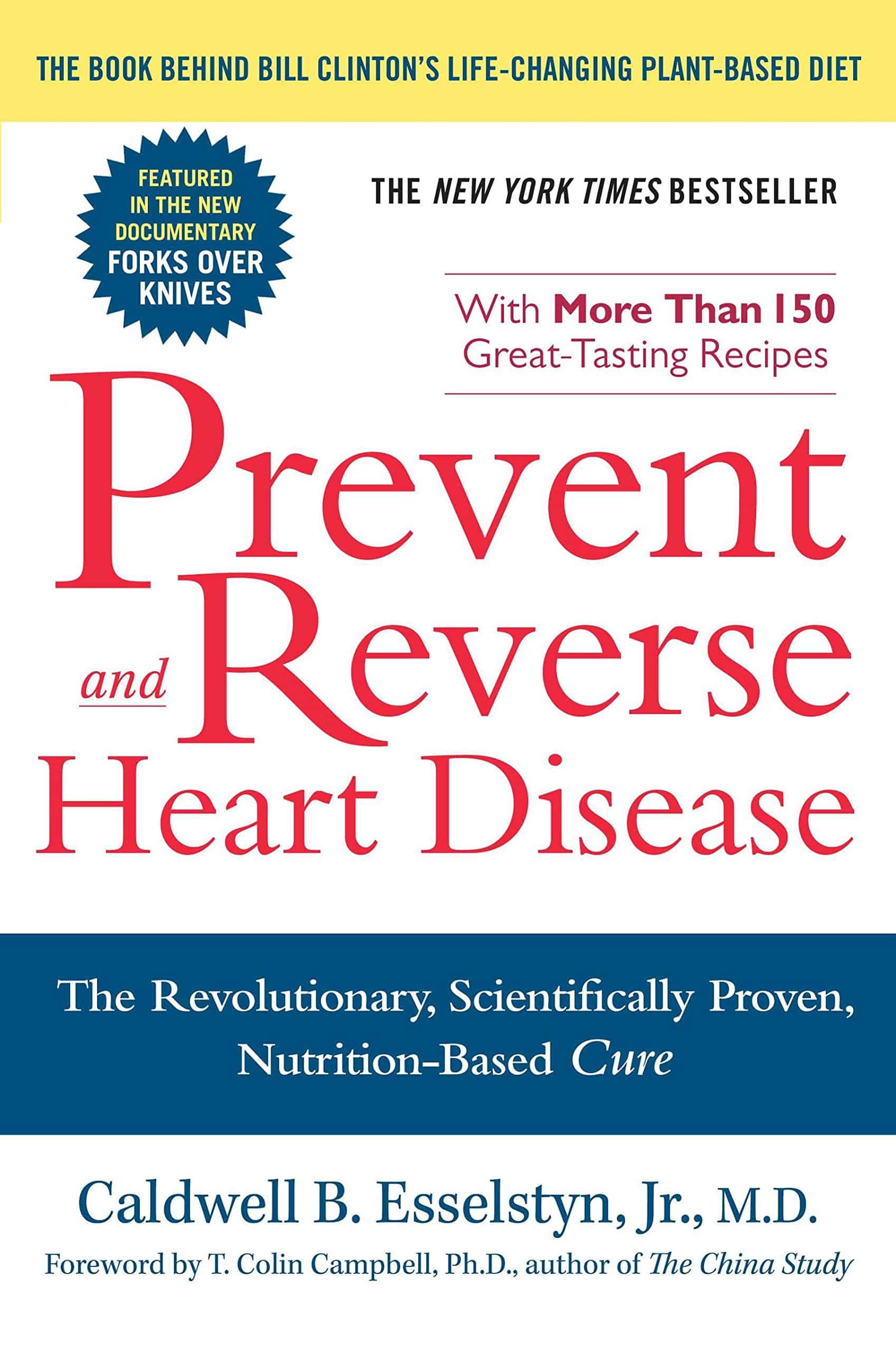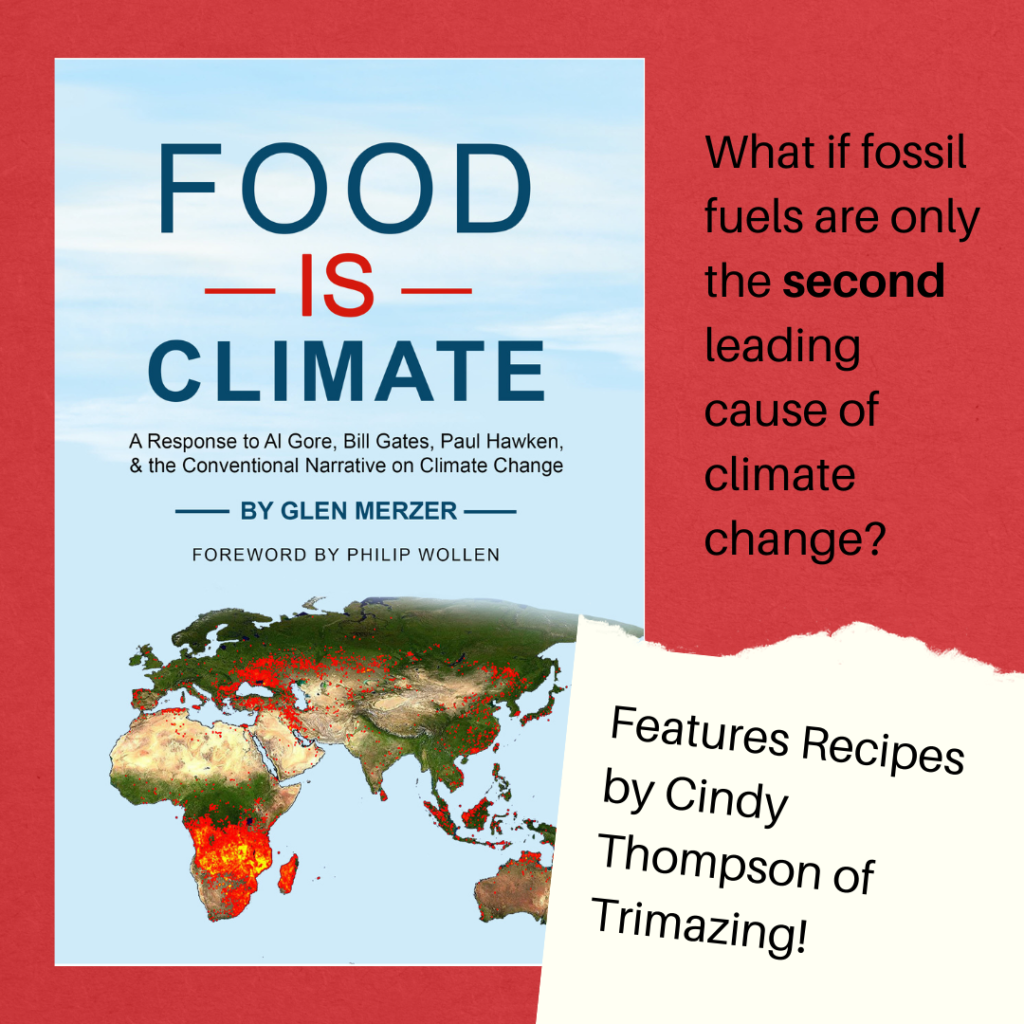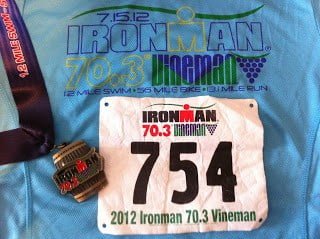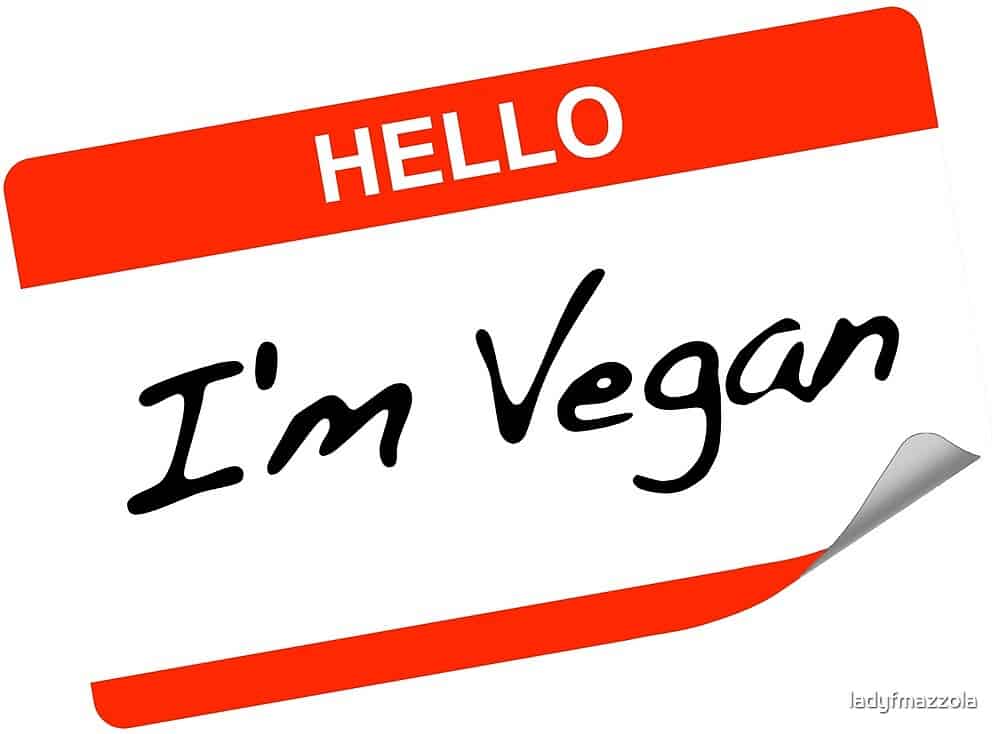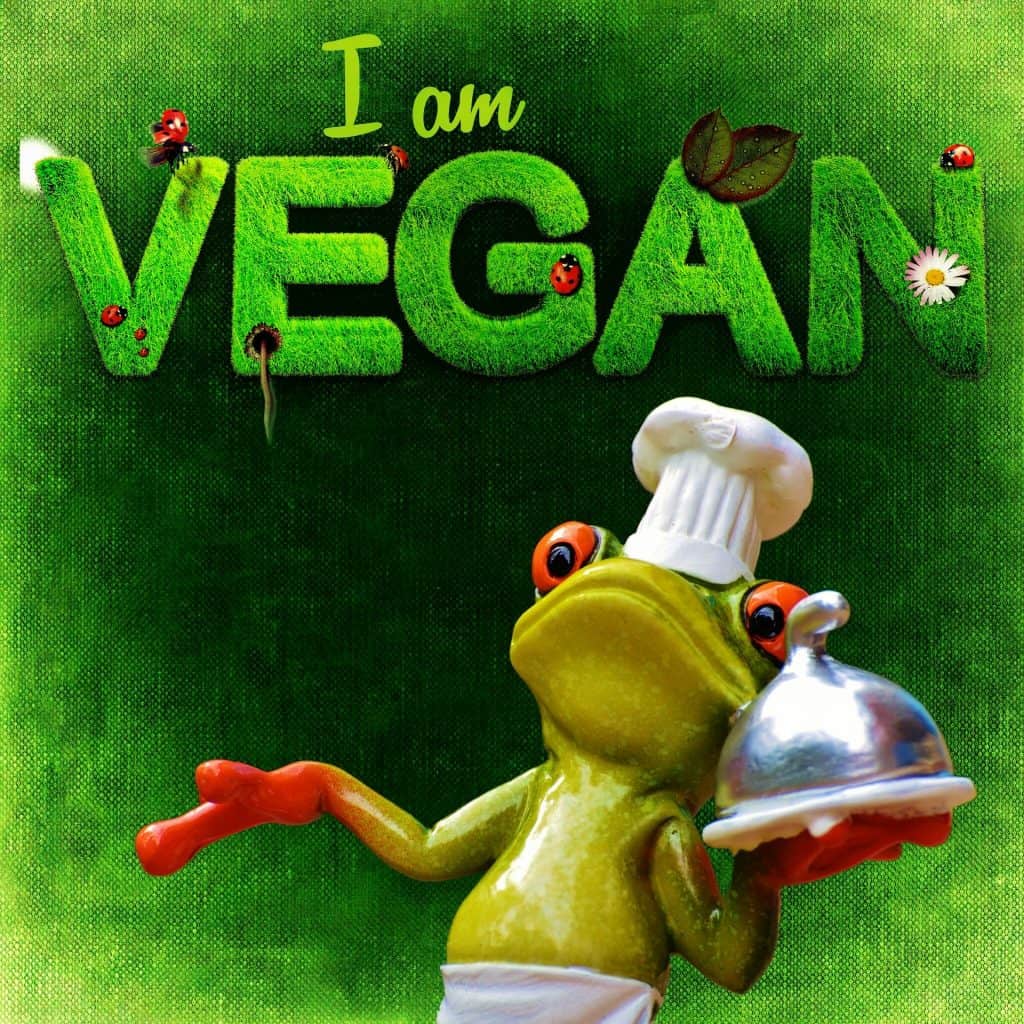The Science of Vegan Diet

Image by PublicDomainPictures from Pixabay
My blog post, Why I’m Vegan, explained that I chose to become vegan after learning about the health benefits of a whole foods plant-based diet, but it did not explain the science behind it. I tend to need more proof other than “it’s just good for you,” so let me share what I learned that led me to change. Note: This is an overview of what I have learned and I suggest that you check out the links and/or read for further information on these studies and topics. The amount of material on this topic is massive.
The China Study
In the early 1970s, Chinese premier Chou EnLai, who was dying from cancer, initiated a nationwide cancer census in China, a huge undertaking. The results of this cancer mortality survey were published in a 200-page atlas depicting the geographic distribution of cancer mortality. Although the overall cancer rate was dramatically less than the United States, the findings from this study were remarkable in that in a country with little genetic variation, cancer mortality rate varied dramatically, often 100 times (10,000%) greater, between geographic regions of China (compare this to the United States where cancer mortality only varies about two to three times from region to region). What this study didn’t answer was why.
An international research team, including T. Colin Campbell, PhD, set out to determine the basis for the findings of the China Study. This team evaluated 6,500 adults across China, running laboratory tests, evaluating everything they ate for a three day period, and compared 8,000 statistically significant associated variables between food, lifestyle, and disease. What they found was that disease grouping was associated most strongly with economic development. Areas with stronger economic development suffered from “Diseases of Affluence” such as cancer, diabetes, and coronary heart disease, at rates similar to Western countries, such as the United States.
Dr. Campbell and his team took the information from the China Study and earlier research done on the link between the consumption of animal protein and cancer. These earlier studies, in rats, found that diets high in animal protein (20% protein diet) increased cancer development, as compared to diets low (5%) in protein. The rats in these studies were administered a carcinogen (aflatoxin) known to initiate cancer growth; half were given a 20% protein diet and the other 5%. At the end of the study (100 weeks, a rat’s typical lifespan), all of the rats fed the 20% protein diet had died or were nearly dead from liver cancer, whereas all of the rats feed 5% protein were alive and thriving. To further test the hypothesis, halfway through the experiment some of the rats were switched to the other diet; those switched from a high protein diet to the low protein diet had diminished tumor growth and those switched from low to high had increased tumor growth. Researchers were able to turn cancer cell growth on and off through diet regulation. Several other studies found similar results, that nutrition had a greater impact on cancer growth than carcinogen exposure, and furthermore, nutrients from animal sources increased tumor development whereas plant-based foods decreased tumor development.
How did this link with the China Study? Areas in China with higher cancer rates were generally found to be those with higher economic development. Examination of the diets in China found that as economy developed and people had more money, they changed their eating habits, adding more expensive animal protein to a mainly plant-derived diet. This diet more resembles a Western diet, leading to “diseases of affluence” or, what Dr. Campbell calls “diseases of nutritional extravagance.”
More than Cancer
At the same time Dr. Campbell was researching the link between animal protein consumption and cancer rate, Dr. Caldwell Esselstyn was researching the link between animal protein and heart disease. Dr. Esselstyn began his study in 1985 with 18 patients with severe coronary disease, with a total of 49 associated medical events including angina, coronary artery bypass graft surgeries, myocardial infarctions, strokes, and angioplasty; these patients were so severely ill that they had been told by other physicians that nothing more could be done for them. Patient’s in Dr. Esselstyn’s study were placed on a non-fat, plant-based, whole foods diet and evaluated. In the following eleven years, the group’s total cholesterol level dropped from 246 to 132, and their coronary artery disease has reversed. Only one patient had any cardiac event during the study, one who had strayed from the diet for a two year period and suffered angina, and then promptly returned to the diet. Another physician, Dr. Dean Ornish began a similar study, treating cardiac patients with nutrition rather than surgery, with remarkable results.
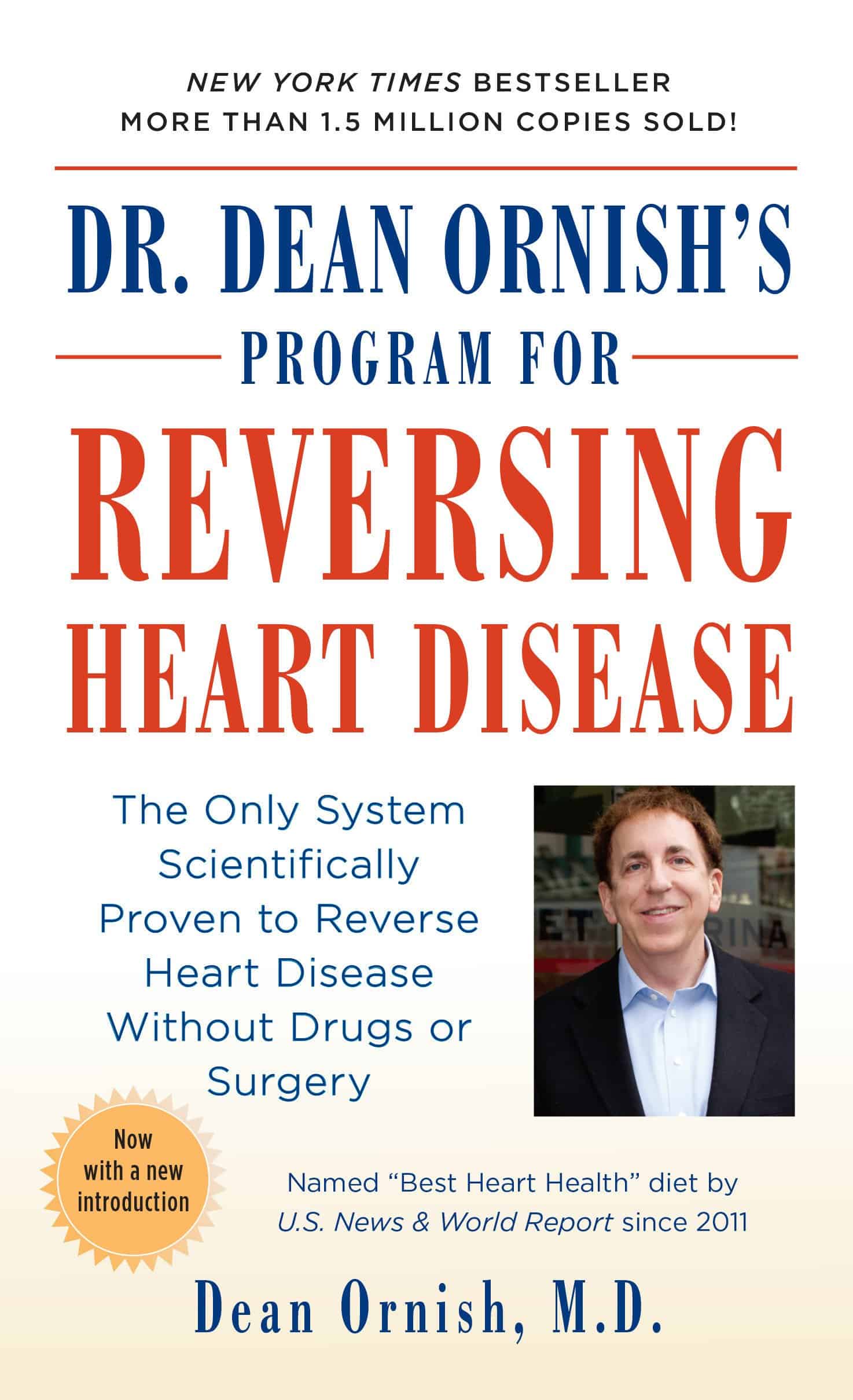
Plant-based diets also have a positive impact on diabetes and autoimmune diseases. The science behind the connection between autoimmune disease and animal protein has to do with the inflammatory response of our bodies from changes in pH. One of the most interesting things I have learned in my research has been the effect of animal protein consumption on osteoporosis, in that increased consumption of animal protein (like recommended dairy products) changes the pH of the body to such an extreme that your body robs calcium from your bones to return it to a more alkaline state, thus increasing bone loss even further. For further explanation, please see this presentation by Dr. Heitsch on Health and Nutrition from a recent Northwest Veg meeting.
Dr. Heitsch on Health and Nutrition
This is a NW Veg sponsored presentation on Jan 16, 2011 in Portland, OR. Dr. Richard Heitsch, MD, heads the Integrated Medicine Group in Portland and is a trained Surgeon with a Masters Degree in Public Health, with a wide experience in general and trauma surgery as well as sports medicine and rehabilitation.
More Information
I encourage you to seek more information. There are tons of studies on these topics, including retrospective studies on vegan cultures such as Seventh Day Adventists, and lots more research. A documentary about the studies of Dr. Campbell and Dr. Esselstyn is soon to be released to the general public called Forks Over Knives (now released and available on Amazon). Mother Superior and I had the great opportunity to attend a premiere of this movie in Portland last November and got to meet Dr. Campbell and others associated with the film. Two previews are below; the movie is set to hit theaters May 2011. Dr. Esselstyn’s son, Rip, an Austin, Texas firefighter, is also profiled in the movie, and you may have heard about his Engine 2 Diet, a vegan diet that he introduced to his fellow firefighters and then published.
Forks Over Knives – Official Trailer
The feature film Forks Over Knives examines the profound claim that most, if not all, of the degenerative diseases that afflict us can be controlled, or even reversed, by rejecting animal-based and processed foods.
Here are some terrific web resources as well:
Physicians Committee for Responsible Medicine
Dr. Dean Ornish and the Preventive Medicine Research Institute
And stay tuned for an upcoming post on What a Vegan Eats!
Do you like this post? Please share....
[mashshare]
If you liked this post, you might like one of these:
Categories:
Tags:

[Trī-māz-ing]
Cindy wants you to be Trimazing—three times better than amazing! After improving her health and fitness through plant-based nutrition, losing 60 pounds and becoming an adult-onset athlete, she retired from her 20-year firefighting career to help people just like you. She works with people and organizations so they can reach their health and wellness goals.
Cindy Thompson is a national board-certified Health and Wellness Coach, Lifestyle Medicine Coach, Master Vegan Lifestyle Coach and Educator, Fitness Nutrition Specialist, Behavior Change Specialist, and Fit2Thrive Firefighter Peer Fitness Trainer. She is a Food for Life Instructor with the Physicians Committee for Responsible Medicine, Rouxbe Plant-Based Professional, and Harvard Medical School Culinary Coach, teaching people how to prepare delicious, satisfying, and health-promoting meals.
She provides health and lifestyle coaching at Trimazing! Health & Lifestyle Coaching. Cindy can be reached at info@trimazing.com.
Subscribe to the Trimazing Blog
Receive occasional blog posts in your email inbox.
Subscribe to the Trimazing Blog
Receive occasional blog posts in your email inbox.

